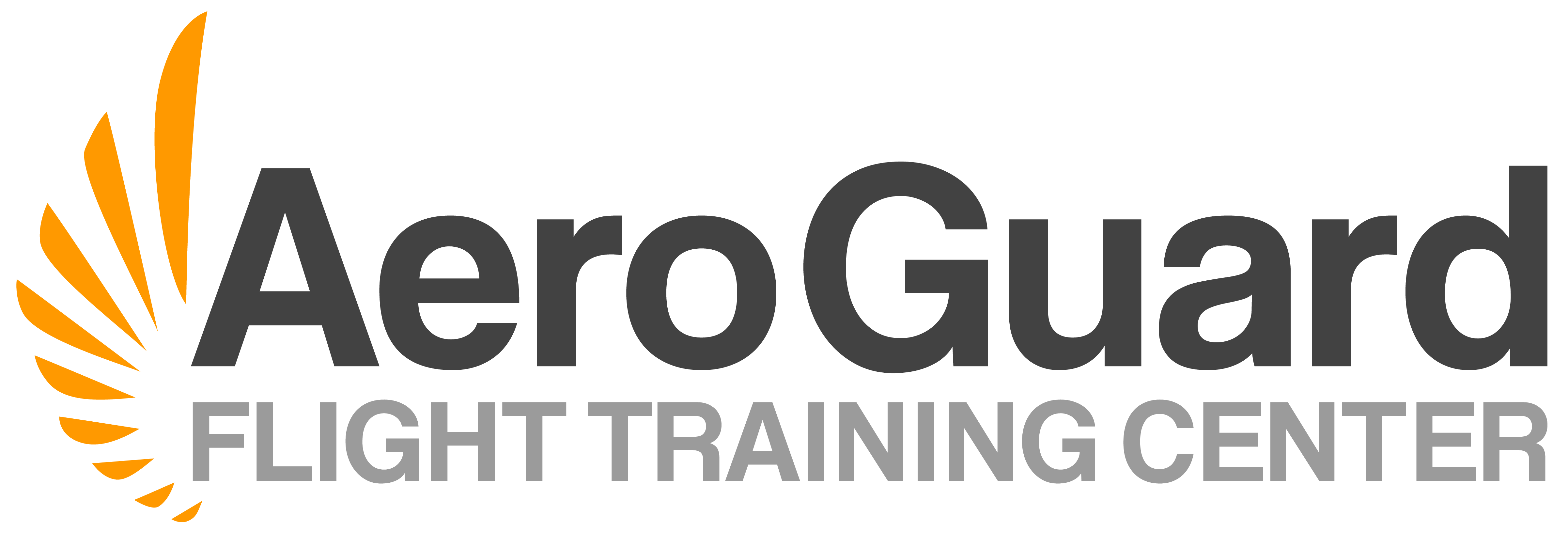Restricted Airline Transport Pilot License (R-ATP)
What is an R-ATP compared to ATP License?
If you’re thinking of a career as a professional pilot and looking to work the commercial airlines, you will need to eventually obtain your ATP or Airline Transport Pilot License. You may have also heard about the Restricted ATP (R-ATP) as a way to get to the commercial airlines quicker, until you’re able to get an unrestricted ATP license.
The restricted ATP allows some exceptions to the traditional ATP requirements most notably the ability to lower the total required flight time needed as well as the ability to start working at a younger age.
R-ATP Standard Requirements
For the ATP License, the conditions for eligibility are shown in the table to the right, but these largely require pilots to be at least 23 years of age, with 1,500 hours of flight time experience broken down in certain specific categories. Compared then to the R-ATP, these requirements change primarily to the age of 21, as well as different cross country and total flight time minimums, depending on how a pilot receives their training.
Once pilots meet these eligibility requirements, candidates then have to complete an Airline Transport Pilot Certification Training Program (ATP CTP), as well as pass the ATP knowledge and practical test to receive their ATP or R-ATP License.
The restricted ATP is only for pilots looking for positions as a First Officer or Second in Command-holders of a R-ATP are not eligible for Captain positions – a Restricted ATP license is after all, restricted. However, considering pilots will need to work their way up from First Officer to Captain, both in terms of years of service and number of flight hours, this restriction should not cause any issues when first starting out in the career.
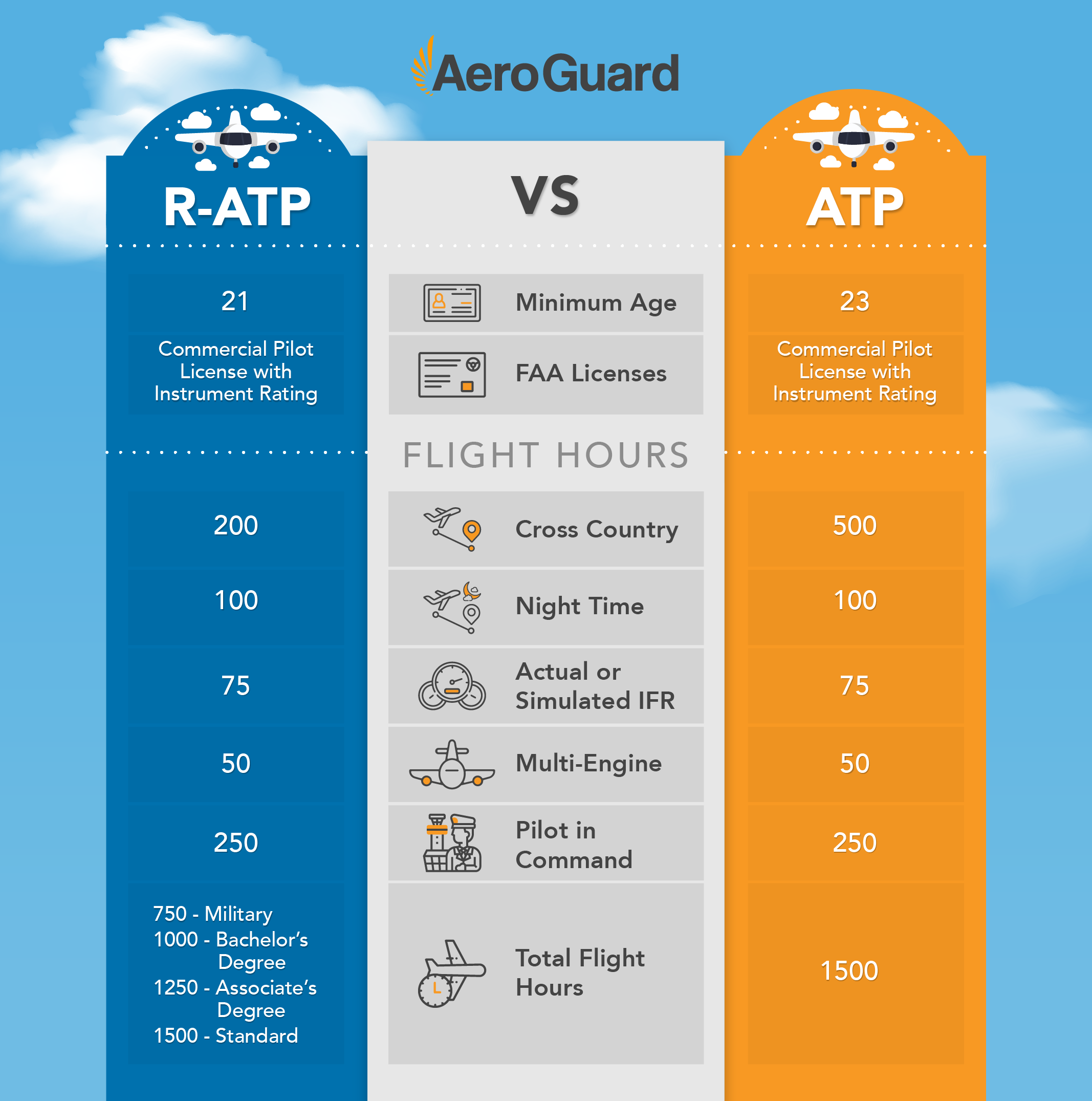
R-ATP Requirement Exceptions – Fewer Total Hours
The number of of total flight hours required in order to receive your restricted ATP license changes based on three scenarios. The FAA has recognized that certain training or education can make up for some actual pilot experience. Therefore, the following exceptions have been made.
- Military Pilots – pilots who have received their training through the military are only required to complete a total of 750 hours of flight time and only 200 cross country hours compared to the standard of 500.
- Pilot with Bachelor’s Degree – Graduates from approved four-year universities with a Bachelor’s degree and an aviation major are only required to obtain a total of 1000 hours of flight time and 200 cross country hours. However, this only applies if they’ve completed 60 credit hours of aviation related coursework and received their CPL through the University’s Part 141 training. If they’ve completed less than 60 credit hours but at least 30 credit hours, then the total hour requirement increases to 1250.
- Pilots with Associate’s Degree – Graduates from approved two-year colleges with an Associate’s Degree and an aviation major are only required to obtain a total of 1250 hours of flight time and 200 cross country hours. However, this only applies if they’ve completed at least 30 hours of aviation related coursework and received their CPL through the University’s Part 141 program
All other pilots who do not fit within the exceptions listed above still need to complete a total of 1500 flight hours, but the cross-country hours are reduced to 200 from the 500 needed for an unrestricted ATP.
Will a Degree Get Me To An Airline Quicker?
The short answer is no. While an FAA-approved degree can reduce the hour requirement for the R-ATP to 1,250 or 1,000 hours, you will be trading in 250 or 500 hours of flight time for a 2-year or 4-year degree respectively. For CFIs who are flying up to 100 hours per month training students, this trade off doesn’t make sense and will add time to graduate prior to joining an airline.
Considering how important seniority is within the aviation industry, its recommended to complete your training in an accelerated format in order to get to the airlines quickly and start working your way up the ranks. However, a college degree is still important for career progression and recommended for most student pilots to obtain. One way this can be done is by taking classes online while already working for a regional airline building up seniority and experience. Pilots can even get a significant number of college credits for their FAA qualifications and pilot licenses to reduce this course load while they are working. You can learn more about the affects of a degree on your pilot career by visiting the “do you need a degree to become a pilot” page.
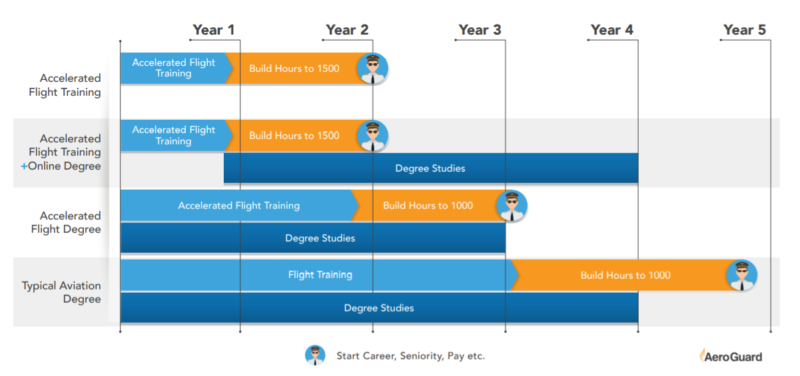
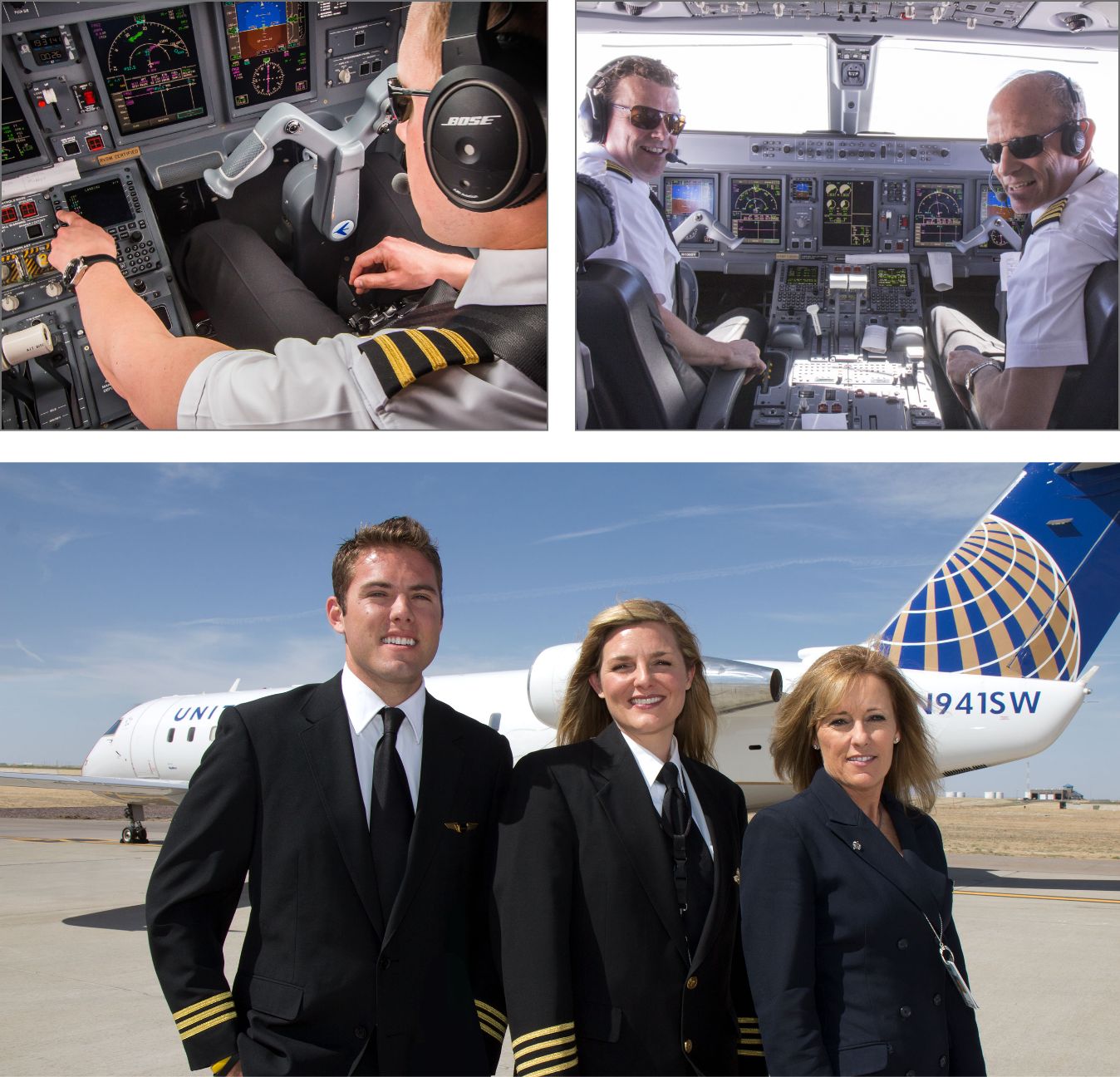
The ATP CTP Course for the R-ATP
As mentioned previously, the ATP CTP (Airline Transport Pilot Certification Training Program) course must be taken prior to taking the ATP written exam and gaining the ATP or R-ATP License. This course is typically done by the regional airline that hires you on and is included within their initial training programs for their first officers. For AeroGuard Pilot Pathway Graduates, this is done by SkyWest Airlines as part of a complete program from zero prior experience, through training and hour building, to then becoming an airline pilot with SkyWest. The ATP CTP trains pilots on how to fly in an airline environment and includes ground school and flight training in a simulator designed for the jet you will be flying on graduation.
Start Earning your R-ATP Requirements
AeroGuard can help you on your way to earning your R-ATP requirements today. Whether you are interested in an approved degree program with our partner, Liberty University, or would like to take an accelerated path with our Pilot Pathway Program, we have multiple options to help you secure your airline career. AeroGuard’s partnership with SkyWest Airlines allows graduates to receive a guaranteed First Officer Interview during hiring periods and allows graduates to complete their ATP CTP with the airline after being hired. If you’re ready to start your airline career journey, fill out the form below and speak with an enrollment advisor today.
